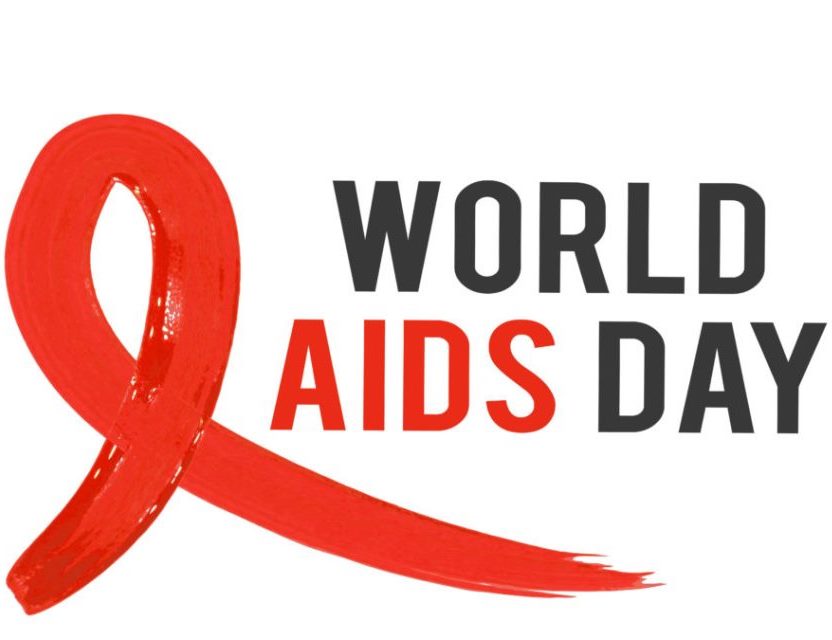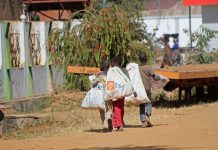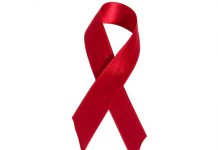AfricaPress-Tanzania: ON Tuesday, Tanzania will join other countries across the world to mark World Aids Day, which is commemorated every year on December 1 since 1988. This year’s theme is “Global solidarity, shared responsibility”.
The theme is meant to support people living with HIV/Aids and their families and remember those who have lost their lives as a result of HIV/Aids. We can support them through the little means we have and through showing them our moral support.
In Tanzania, World Aids Day will be celebrated at national level in Kilimanjaro Region and Prime Minister Kassim Majaliwa is expected to be the guest of honour.
According to World Health Organisation (WHO) Tanzania Office, the first cases of HIV/Aids were reported in 1983 and by 1985 Tanzania had about 140,000 people living with HIV/Aids (1.3 per cent prevalence) and by 1990, about 900,000 people (7.2 per cent prevalence) were living with HIV/Aids.
HIV/Aids cases have been increasing due to new infections, but thanks to increased public awareness, adherence to antiretroviral regimens (ARVs), the disease’s progress, secondary infections and complications have slowed down.
However, major vulnerable and affected groups include women aged 15-24 years, orphans and vulnerable children aged 0-18 years and men aged 25-34 years.
The Ministry of Health, Community Development, Gender, Elderly and Children, the media and other stakeholders have played an active role in public awareness on how the disease is spread, how it can be slowed down and how it can be prevented.
As we commemorate World Aids Day, let us make more efforts to prevent new infections. We can do so through behavioural change such as practising abstinence and safe sex and adhering to the advice of health experts.
Tanzania has attained the middle-income economy status and the government banks on the industrial economy to improve the livelihoods of its people. We can achieve this if we remain healthy, for industries need healthy workers to sustain production.
It is in view of this, that we see the importance of reminding each other the importance of preventing HIV/Aids, and if it happens that we are infected we shouldn’t lose hope for we can still live as long as we adhere to ARVs and heed health experts’ advice. Yes, let us commit ourselves to global solidarity and shared responsibility while we battle HIV/Aids, for we are interdependent.
It is, therefore, our responsibility to support our fellow Tanzanians who live with HIV/Aids so that they too may enjoy a better Tanzania we are creating for all of us







